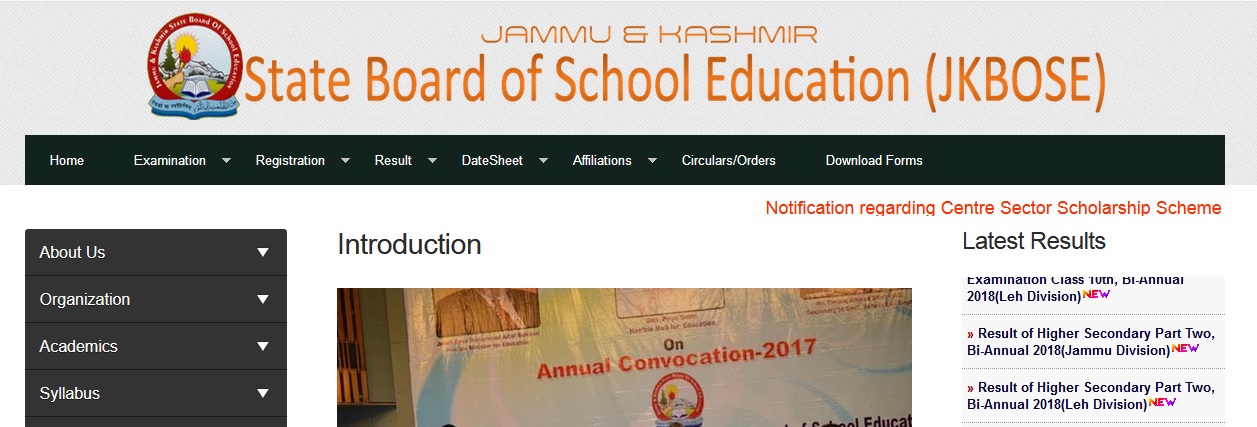jkbose.co.in : Class XI Sociology Paper Sample Jammu & Kashmir State Board of School Education
Name of the Board : Jammu & Kashmir State Board of School Education
Name of the Exam : Class XI
Subject : Sociology
Year : 2008
Document Type : Model Question Paper
Website : jkbose.co.in
Download Model/Sample Question Paper : https://www.pdfquestion.in/uploads/jkbose.co.in/7001-sociology.pdf
JKBOSE Sociology Model Question Paper
Maximum Marks : 50 Time : 2½ Hours
Note : In case of failures/re-appear cases and fresh private candidates; i.e. candidates appearing for the first time after having passed Secondary School Examination, marks secured out of 50 shall be raised proportionately as if obtained out of 75.
Related / Similar Question Paper :
JKBOSE Class XI Political Science Question Paper
Long Answer Type Questions
1. Discuss the Majority and Minority groups. 7
Or
Differentiate between Open and Closed system of Stratification.
2. Explain the concept of Urban ecology.
Or
What do you understand by Rural-Urban Continuum ? 7
3. Highlight the main features of Bureaucracy. 7
Or
Explain Weber’s concept of Class. Status and Power.
4. Describe the views of B.K. Sarkar regarding Comparative method. 7
Or
Explain major contribution of Benoy Kumar Sarkar to Sociology in India.
(Short Answer Type Questions)
5. Enlist the important aspects for Social interaction. 3
6. What do you mean by Evolution ? 3
7. What is Metropolis ? 3
8. Distinguish between the Norma and the Pathological facts. 3
9. Write down few lines on the restrictions on Marriage in Caste system 3
(Very Short Answer Type Questions)

10. The following very short answer type questions of one mark, each may be answered in a
few words or few sentences or as may be required :
(a) What is Achieved status ? 1
(b) Enlist the forms of Competition. 1
(c) Name various forms of Social change. 1
(d) So ciologists like T.B. Bottomore and Anthony Giddens talk of four major classes inthe Modern world. Name them. 1
1. Discuss the role of Social Reformers in Freedom Movement. 7
Or
Explain the features of the India Constitution.
2. Give short description of Fundamental Rights mentioned in the Indian Constitution.
Or
Throw light on the form and importance of the Directive principles of State policy. 7
3. Give the difference of the Function and Power of Lok Sabha and Rajya Sabha. 7
Or
Explain the composition of Supreme Court. Explain the terms of service of the Judges.
4. What is the meaning of Community Development ? Enumerate its development, aims, characteristics and functions. 7
Or
Discuss the problem of Development in Urban areas.
(Short Answer Type Questions)
5. Explain the importance of the Indian Independence Act of 1947. 3
6. Why is the India Constitution called the Secular ? 3
7. What is the meaning of Writ of Mandamus 3
8. Explain any four functions of the Speaker of Lok Sabha. 3
9. Mention any three sources of Income of the Panchayats. 3
Multiple Choice Type Questions
11. Choose the correct/most appropriate answer and write it in your Answer-book :
(i) Totality of status of an individual is known as 1
(a) Master status
(b) Achieved status
(c) Ascribed status
(d) Status set.
(ii) Another type of accommodation in which justice and rationality are seen in the process of interactions is 1 (a) Pressure
(b) Compromise
(c) Mediation
(d) Consensus.
(iii) The process by which Social institutions, status, roles, norms, etc., are altered ever the time is known as 1
(a) Cultural change
(b) Social change
(c) Economical change
(d) Political change
11. Choose the correct/most appropriate answer and write it in your Answer-book :
(i)Simon Commission came to India in 1
(a) 1942
(b) 1916
(c) 1928
(d) 1927
(ii) The Judges of the Supreme Court are appointed by the 1
(a) Chief Justice of India
(b) People
(c) Prime Minister
(d) President
(iii) The first President of India was 1
(a) Dr. Rajendra Prasad
(b) Sh. V.V. Giri
(c) Giani Zail Singh
(d) Rajiv Gandhi
(vi) The city of Ajmer was associated with the following Sufi Saint. 1
(a) Baba Farid
(b) Nizam-ud-Di Auliya
(c) Muin-ud-din Chisti
(d) Bakhtiyar Kaki
(v) The earliest seeds of Bhakti can be found in the 1
(a) Ragadarpan
(b) Gita
(c) Epics
(d) Vedas.
Nice questions, Thank you very much.